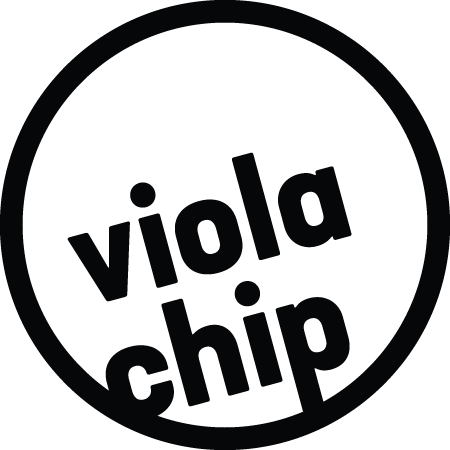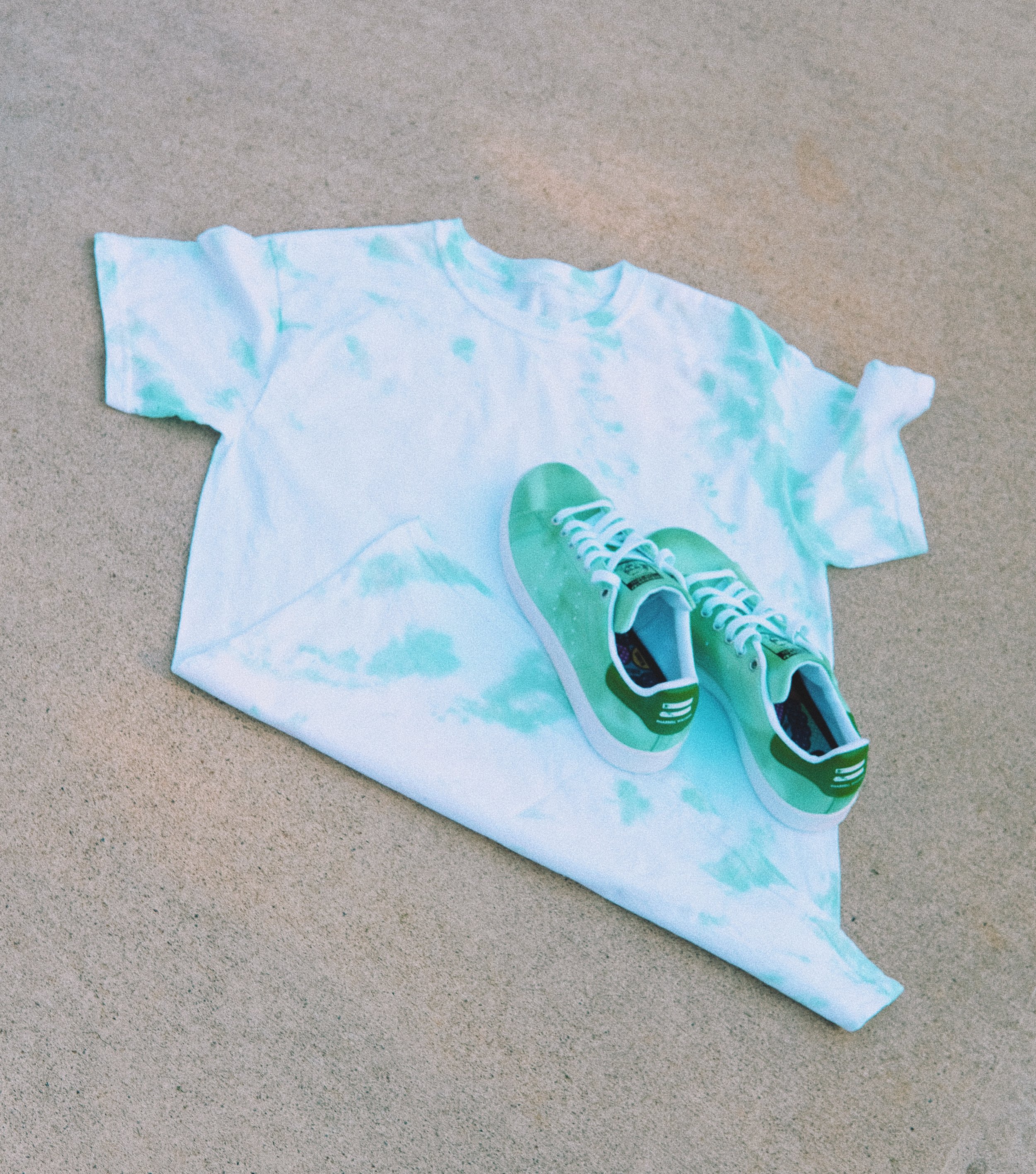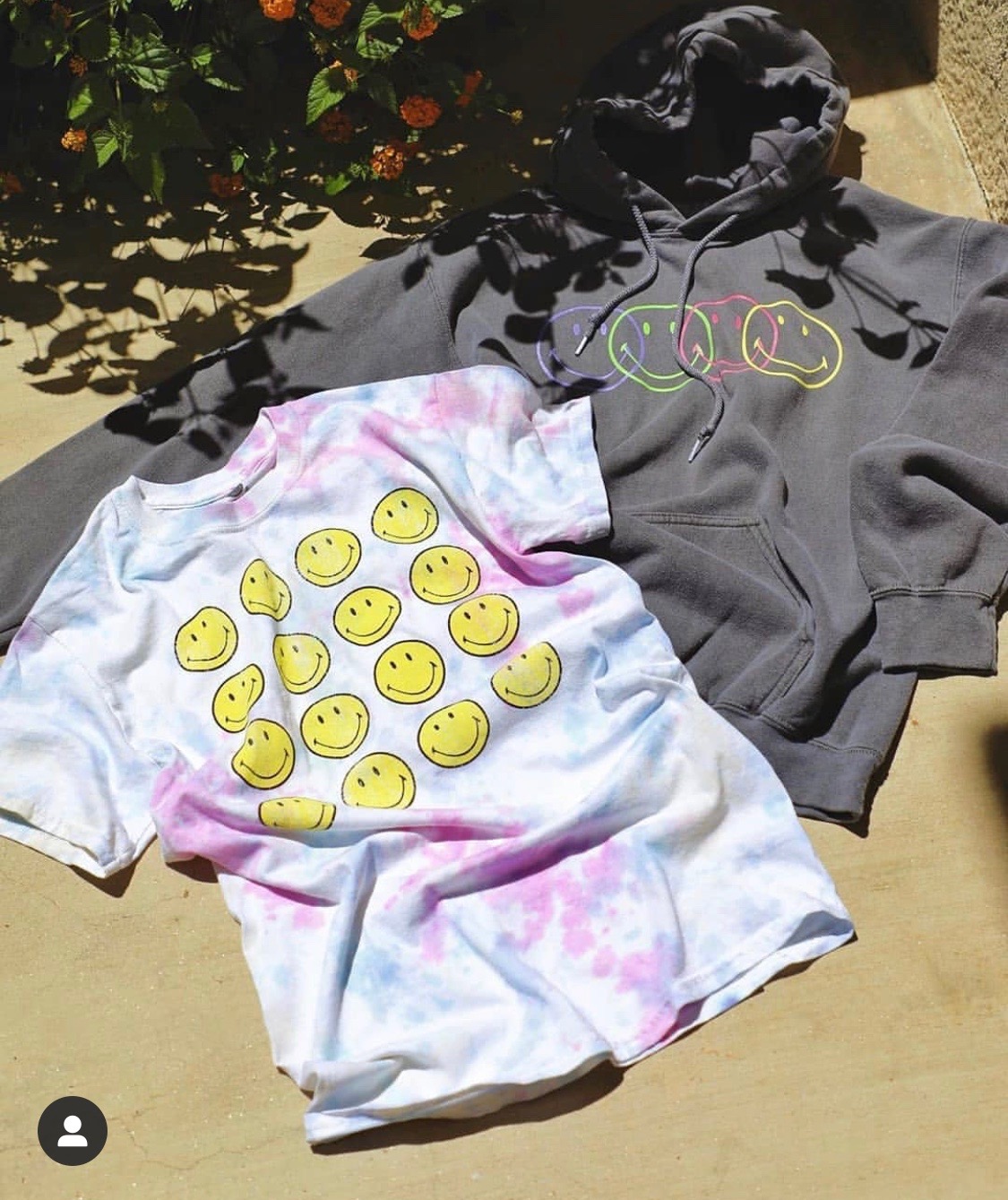The Comeback of a Throwback: Tie-Dye
Remember those middle school field days and summer camps when it was hot out and teachers and chaperones would line up a gang of homemade activities and obstacles to keep you running amok?
One of the showstoppers of the day was bringing in your own raggedy white tee and transforming it into wearable ROYGBIV.
Like a mad scientist, you would contort, twist, and scrunch your tee with curious intention, a facade of confidence, and yet an underlying sense of “I don’t know what this is, but this shit is gonna look crazy when I’m done with it.”
Then, presented before you, are plastic bottles brimming with fluorescent color. Reds, greens, blues, yellows, mimicking that same saturated hue, that of those jug juices you used to drink. (You know, the same ones that no matter how bad they cut your lips, you still crave that burning, sugary goodness)
After stabbing at your shirt with these bottles, watching the dyes bleed and engorge the fabric with life, you shoved your drenched tee into a plastic baggy and sent it off to wait.
Tie Dye Socks - Photo via Instagram: @johnelliottco
This childhood relic is known as tie-dye, and it’s had a resurgence on shelves across some of the industry’s most influential brands, overlaid with graphics and emblazoned with logos.
Tie-Dye Fisherman’s Vest from Stussy’s Extra Fly Gear collection - Photo via Instagram: @stussy
Summer 19 brought a whole lotta heat to the tie-dye game since its inception, positioning the psychedelic pattern front and center. Brands like Smiley and John Elliot feature tie-dye across their products from socks to graphic tees.
OG surfwear and streetwear powerhouse Stussy featured tie-dye in their most recent Extra Fly Gear collection which showcased a sorbet-flavored tactical fisherman’s vest.
Let’s be real - the act of dyeing extends way before Woodstock and into ancient times where civilizations used natural pigments and dyes on garments for functional purposes and for purposes of identity. Brands like Olderbrother still practice this technique, using what they refer to as “eco-conscious”, non-metallic dyes and pigments on organic cotton to produce vibrant, universal garments.
We’ve had a little bit of fun with this ourselves, experimenting with foods as natural dyes. Besides, it’s an awesome way to recycle those veggie and fruit scraps you have left over from all that juicing you thought you’d do before your trip to Cabo. Check out the recipe below and have fun with it like you used to.
Seth Rogan for GQ in tie-dye shirt and pants by Louis Vuitton - Photo Credit: SEBASTIAN MADER for GQ
Veggie Dye:
You can get some rad colors out of mother earth’s bounty. When cooking in the kitchen, keep in mind these ingredients make awesome use besides soups, salads, and sides.
Red cabbage - Blue
Red beets - Red
Spinach - Green
Turmeric - Yellow/Orange
Give your ingredients a rough chop - be sure to keep like-ingredients with one another to keep from the bleeding of colors.
Set up a sauce pan with just enough water to cover the ingredients. The less water you use, the more intense the color of the dye will be.
Bring to a boil then simmer for 45 min, constantly stirring.
Run each mixture through a strainer into individual glass mason jars. Let stand til cool.
Pour the dye into plastic squeeze bottles and voila, you have yourself natural dyes.
Disclaimer, make sure you treat your fabrics with a dye fixative before dyeing. This allows the dye to penetrate the fabric and hold its color, longer.
Smiley tie-dye tee - Photo via instagram: @smiley







